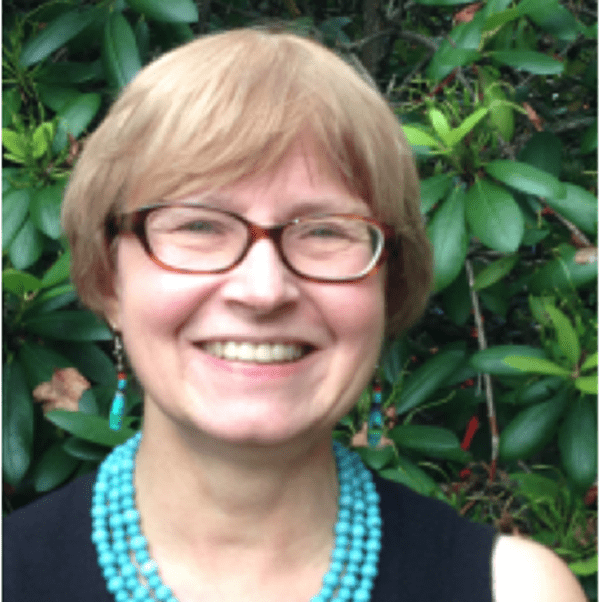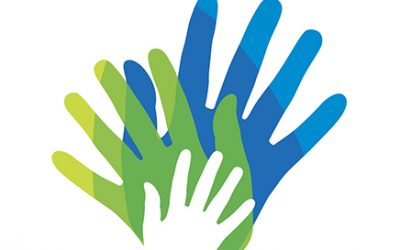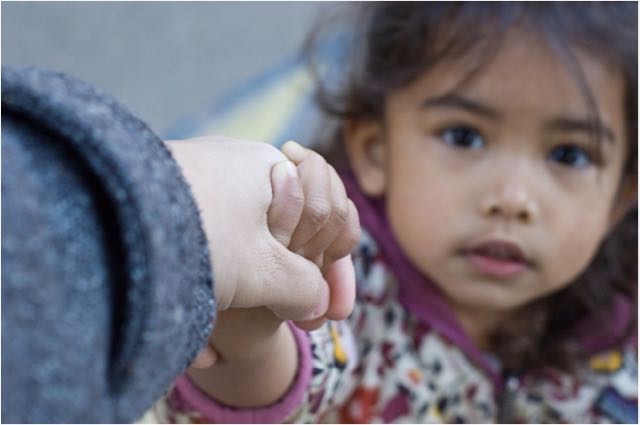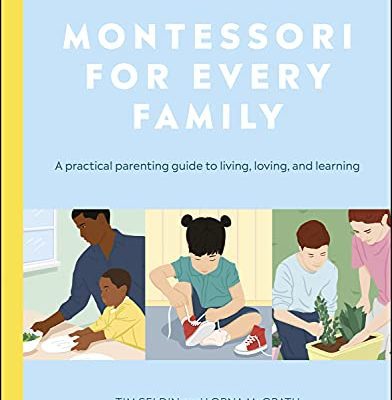DEAR CATHIE—
WE THINK IT IS TIME FOR OUR CHILD TO EXPERIENCE LEARNING OPPORTUNITIES IN ADDITION TO MONTESSORI SCHOOL. WE THINK HE IS READY FOR SOME EXTRACURRICULAR ACTIVITIES. WHILE WE KNOW THAT IT IS POSSIBLE TO BE OVERSCHEDULED, WE DO WANT OUR CHILD TO TAKE ADVANTAGE OF ALL THAT OUR AMAZING COMMUNITY HAS TO OFFER. HOW DO WE BALANCE THIS?
— A SERIOUS PARENT
Dear Parents,
You are right on target, and we applaud your conscientious approach to this complicated subject. The rule of thumb is to follow your child interests and seek to broaden their experiences until they are old enough to have found their passion. The purpose of extracurricular activities for young children is to try new things, develop new skills, and have opportunities to take direction from another adult besides parents and teachers at school.
We recommend that young children experience extracurriculars in small segments for the purpose of just trying them out. These are usually offered in areas such as sports, dance, drama, art, etc. Seek classes that are in short sections such as 8 weeks or a week-long summer program. The purpose of these of classes is to expose children to the activity or skill. These short introductions help parent and child determine interest, without overtaxing the child or family’s resources. These classes focus on the basics. It may be possible to engage your child in a summer camp that encompasses a number of different sports or types of dance at a single location. From there it is possible to decide where to focus your child and family’s resources in the years ahead.
Many towns have recreation sports leagues as well as travel leagues that require children to try out for a place on the team. However, your child may enjoy being a part of the experience at any level. Additionally, sometimes activities are offered as single day camps during days off from school. These may include computer skills, 3-D printing, cooking classes, etc. These one-day activities can help you widen a child’s awareness of the myriad of activities available to pursue.
As children mature, they begin to narrow their focus and gravitate toward some extracurricular activities more than others. Many begin to show an affinity for a particular activity such as scouting, a specific sport, a type of musical instrument, a dance class, etc. Now is the time to zone into one (or a few) of these areas and begin to focus your child’s after school time. You may eventually decide that private music or dance classes are for your child. Maybe your child is committed to soccer and is attending practice twice a week and playing a game once a week as well. Each of these comes with a time and financial commitment on your part, and that needs to be figured into the equation. Be sure to involve your child in the decision and not simply decide for them.
As you are making these decisions, remember to program in some free time for your child to have time outdoors to play, create, and spend unstructured time with friends. This is an important part of your child’s development as well.

Cathie Perolman is a reading specialist, Elementary educator, author, consultant, and creator of educational materials. For over three decades, she has dedicated her energies to improving reading for all youngsters. She is the author of Practical Special Needs for the Montessori Method: A Handbook for 3-6 Teachers and Homeschoolers (available through montessori.org).
She is a regular contributor to Tomorrow’s Child and Montessori Leadership magazines. Cathie holds a BS in Early Childhood Education and a MEd in Elementary Education, with a concentration in reading. She is credentialed as a Montessori teacher. Check out her new downloadable materials on her website cathieperolman.com.






